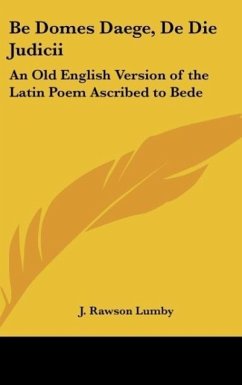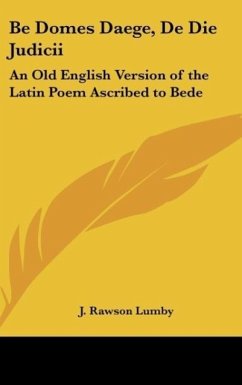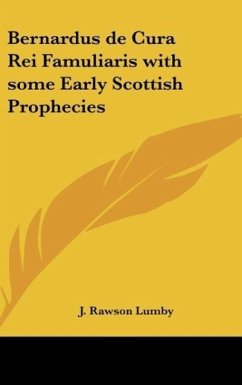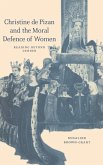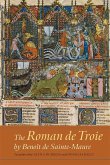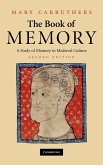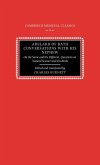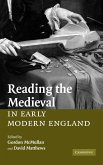Be Domes Daege, De Die Judicii is a book that contains an Old English version of the Latin poem attributed to Bede, a medieval English historian and theologian. The book is edited by J. Rawson Lumby and includes an introduction, notes, and glossary. The poem describes the Day of Judgment and the events that will occur on that day, such as the resurrection of the dead, the judgment of souls, and the separation of the righteous from the wicked. The Old English version of the poem is important for scholars studying the development of the English language and the transmission of Christian theology in medieval England.1876. The opening passage of the poem tells how, as the author sat lonely within a bower in a wood where the streams murmured among pleasant plants, a wind suddenly arose that stirred the trees and darkened the sky, so that his mind was troubled, and he began to sing of the coming of death. He describes how he wept and lay upon the earth, beating his breast for sorrow, and he calls upon all his fellow sinners to confess their sins with tears and to throw themselves of the mercy of Christ. Then comes another highly imaginative passage, describing the terrors that will foretell the second advent. All the earth shaketh, and the hills also quiver and fall; the gates of the mountains bend and melt, and the terrible tumult of the stormy sea fearfully frights the minds of men. Then the Lord shall come with hosts of angels, the sins of all shall be revealed and fire shall consume the unrepentant. The poem ends with a passage, partly borrowed from the Latin, on the joys of the redeemed. They shall be numbered in heaven among the angels, and there, amidst clusters of red roses, shall shine for ever. A throng of virgin souls shall wander there, garlanded with flowers, led by that most blessed of maidens who bore the Lord on earth. Considered to be one of the best translations in Olde English.This scarce antiquarian book is a facsimile reprint of the old original and may contain some imperfections such as library marks and notations. Because we believe this work is culturally important, we have made it available as part of our commitment for protecting, preserving, and promoting the world's literature in affordable, high quality, modern editions, that are true to their original work.
Hinweis: Dieser Artikel kann nur an eine deutsche Lieferadresse ausgeliefert werden.
Hinweis: Dieser Artikel kann nur an eine deutsche Lieferadresse ausgeliefert werden.

